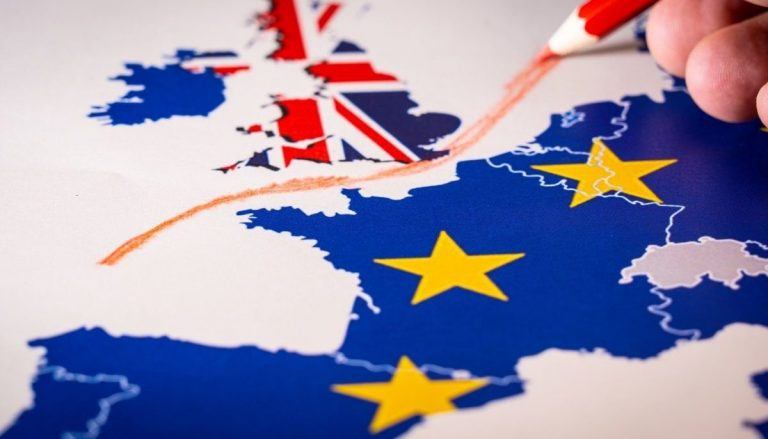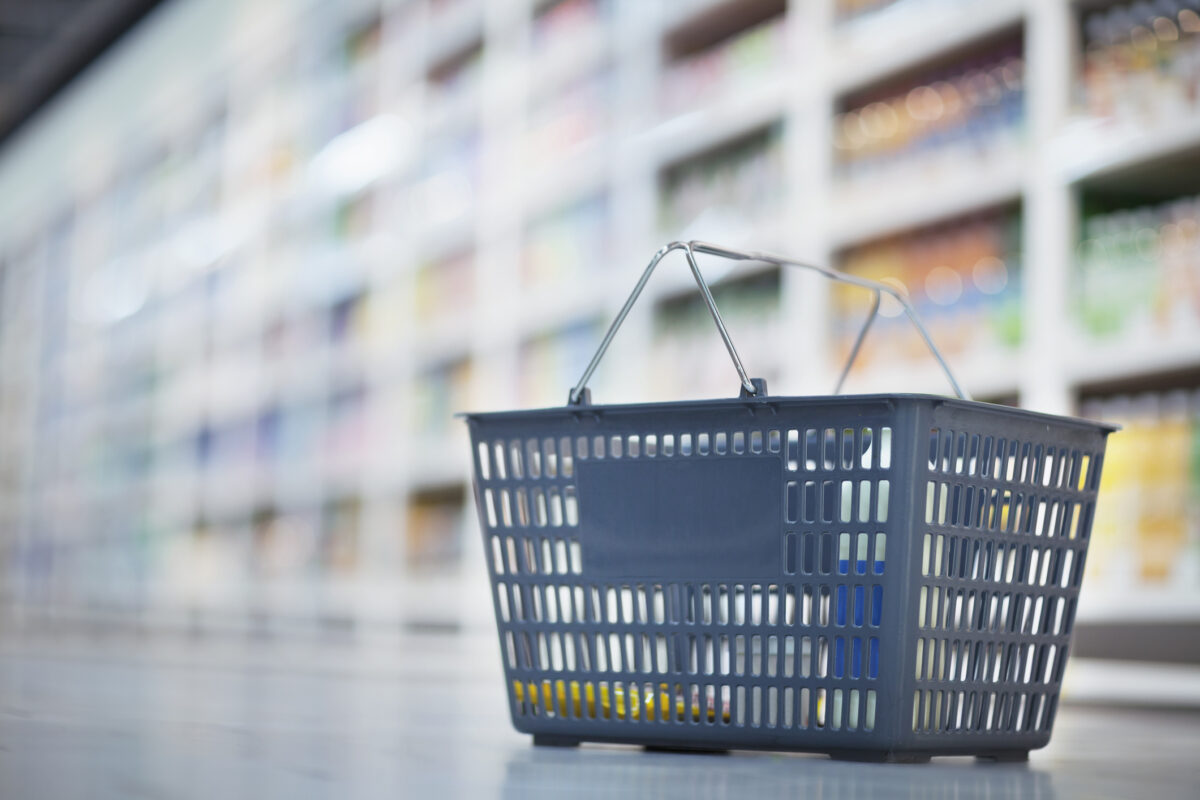Agriculture, forestry, and fishing industry expected to lose £94M in UK-Australia trade deal

The latest post-Brexit free trade agreement negotiated between Australia and the UK could bring long-term economic losses for several food-related sectors including agriculture forestry and fishing, according to the Department for International Trade (DIT).
As a result of the deal, some food-related sectors including agriculture, forestry and fishing will witness losses of around £94M, while semi-processed foods will see a loss of approximately £225M.
In its impact assessment, the DIT noted that this is partially due to a ‘reallocation of resources within the economy,’ which will prioritise innovation in machinery and motor vehicles for manufacturing sectors.
As a result of the trade deal, some UK agricultural sectors could see a ‘lower output’, said the DIT.
The environment spokesperson for the Liberal Democrats, Tim Farron, told The Independent: “This impact assessment proves what so many feared – buried in the small print is a £100m hit to our farming and fishing sectors that will hit rural communities hardest.”
The DIT do believe however that the deal will allow for better productivity and competitiveness in the long-term, and that the most vulnerable farmers will be protected. Beef and lamb producers for instance will be kept safe through tariff rate quotas that last for 10 years of the deal. 20% tariffs will then be put on beef and sheep meat above a certain threshold in the 11-to-15-year period after the deal has been put into effect.
Another benefit of the trade deal, according to the DIT impact assessment, is the tariff reductions on UK manufacturers which removes tariffs which were previously put on industrial goods.
A spokesperson for the DIT told iNews: “Maintaining our high standards is a red line in all our trade negotiations. That is why this deal contains safeguards to support the most sensitive parts of the UK farming community, including a gradual removal of tariffs over 10 years and a safety net that allows tariffs or restrictions to be reimposed if the industry faces serious harm.”







